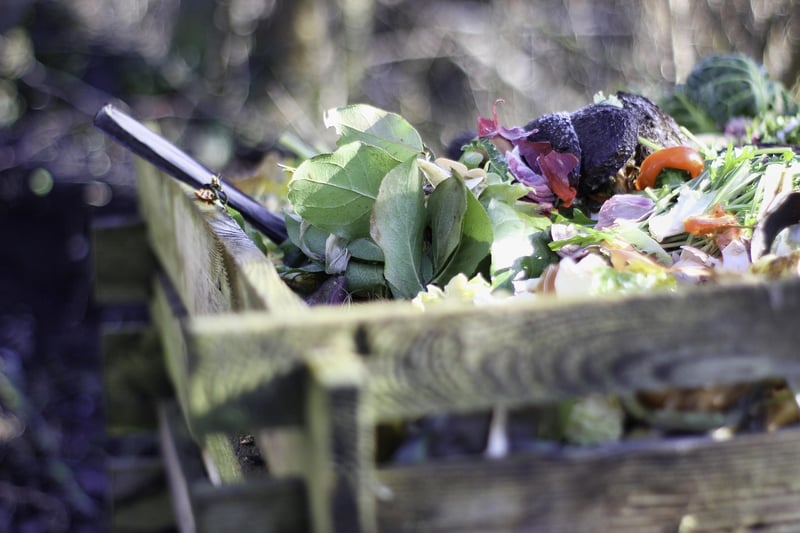Food Waste Prevention Strategies
Strategies for Minimizing Waste
Introduction
Waste reduction is a critical aspect of sustainability and environmental conservation. By adopting effective strategies to minimize waste, individuals and businesses can contribute to a cleaner and healthier planet. This article explores various waste reduction techniques and focuses on food waste prevention strategies.
1. Reduce, Reuse, Recycle
The fundamental principles of waste management involve reducing, reusing, and recycling materials. By reducing the consumption of single-use items, reusing products where possible, and recycling materials such as paper, plastic, and glass, significant waste reduction can be achieved.
2. Composting
Composting organic waste such as food scraps and yard trimmings is an effective way to divert waste from landfills. Compost can be used to enrich soil in gardens and landscaping, closing the loop on organic waste disposal.
3. Donation Programs
Participating in donation programs for clothing, household items, and non-perishable foods can help redistribute goods to those in need, reducing waste and supporting communities in the process.
4. Packaging Alternatives
Choosing products with minimal or eco-friendly packaging can significantly reduce waste generation. Opting for products with biodegradable or recyclable packaging materials helps minimize environmental impact.
Food Waste Prevention Strategies
1. Meal Planning
Plan meals in advance to avoid overbuying groceries and ensure that perishable items are used before they spoil. This practice not only reduces food waste but also saves money and time.
2. Proper Storage
Store food items correctly to prolong their freshness. Utilize airtight containers, refrigeration, and proper labeling to prevent food spoilage and extend the shelf life of products.
3. Creative Cooking
Get creative with leftovers and unused ingredients. Transform surplus food into new dishes, soups, or smoothies to prevent them from ending up in the trash.
4. Donation Initiatives
Support food banks, shelters, or community programs by donating surplus food items. By redirecting excess food to those in need, you can prevent food waste and contribute to hunger relief efforts.
Conclusion
Implementing waste reduction strategies, including food waste prevention techniques, is crucial for promoting sustainability and conserving resources. By making conscious choices to minimize waste in our daily lives, we can all play a part in creating a cleaner and more sustainable future.


